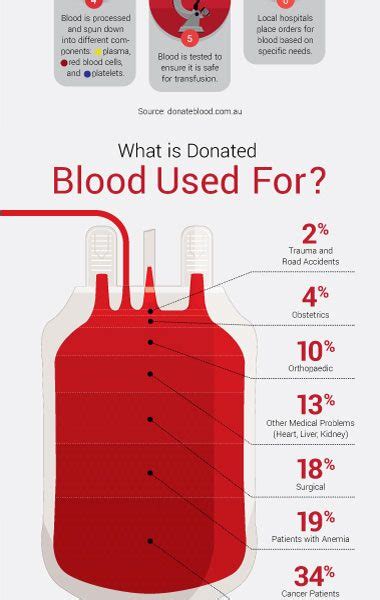Introduction

Sleep apnea is a common sleep disorder that affects millions of people worldwide. It occurs when a person’s breathing is repeatedly interrupted during sleep, leading to a series of brief awakenings. This disruption can cause a range of symptoms, including excessive daytime sleepiness, fatigue, irritability, difficulty concentrating, and snoring.
Do You Know if You Have Sleep Apnea?
Symptoms
The most common symptoms of sleep apnea include:
- Excessive daytime sleepiness (EDS)
- Snoring
- Witnessed pauses in breathing during sleep (apneas)
- Gasping or choking sensation upon waking
- Morning headaches
- Difficulty concentrating
- Irritability or mood swings
- Nighttime sweating
- Fatigue upon waking
- Frequent nighttime urination
Risk Factors
Certain factors increase the risk of developing sleep apnea, including:
- Age over 40
- Male gender
- Obesity
- Excess weight around the neck
- Narrowed airway
- Family history of sleep apnea
- Alcohol or tobacco use
- Sedative use
How to Diagnose Sleep Apnea
If you suspect you have sleep apnea, it’s important to seek professional diagnosis. A sleep study is the gold standard for diagnosing sleep apnea. This involves spending the night in a sleep laboratory, where your breathing, heart rate, and other bodily functions are monitored.
Treatment Options
Treatment options for sleep apnea vary depending on the severity of the condition. Common treatments include:
- Continuous positive airway pressure (CPAP): A device that delivers pressurized air through a mask worn over the nose and mouth during sleep.
- Oral appliance therapy: A custom-made dental device that positions the jaw forward to prevent airway collapse.
- Surgery: In severe cases, surgery may be necessary to widen the airway and improve breathing.
Why Sleep Apnea Matters
Sleep apnea is a serious condition that can have significant health consequences. Untreated sleep apnea has been linked to:
- Increased risk of heart disease, stroke, and diabetes
- Obesity
- Cognitive impairment
- Depression and anxiety
- Reduced quality of life
Benefits of Treating Sleep Apnea
Treating sleep apnea can lead to significant benefits, including:
- Improved sleep quality
- Reduced daytime sleepiness
- Improved mood and cognitive function
- Decreased risk of cardiovascular disease
- Enhanced quality of life
FAQs
- How common is sleep apnea? According to the National Sleep Foundation, sleep apnea affects 26% of adults in the United States.
- Who is most at risk for sleep apnea? Men, overweight individuals, and people over the age of 40 are more likely to develop sleep apnea.
- What are the consequences of untreated sleep apnea? Untreated sleep apnea can lead to serious health problems, such as heart disease, stroke, and diabetes.
- How is sleep apnea diagnosed? Sleep apnea is diagnosed through a sleep study, which monitors your breathing, heart rate, and other bodily functions during sleep.
- What are the treatment options for sleep apnea? Common treatment options include CPAP therapy, oral appliance therapy, and surgery.
- Is sleep apnea curable? Sleep apnea is not curable, but it can be effectively managed with treatment.
- What can I do to reduce my risk of sleep apnea? Maintaining a healthy weight, avoiding alcohol and tobacco use, and getting regular exercise can help reduce your risk of sleep apnea.
















